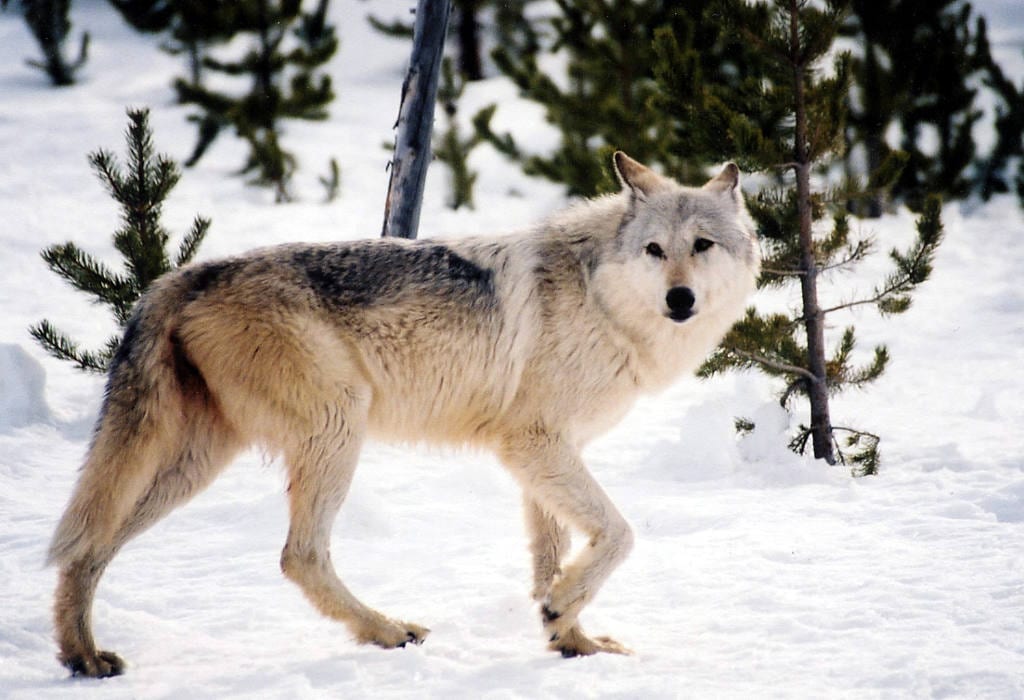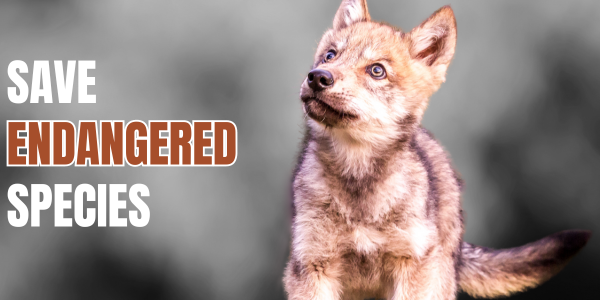Guardians and its allies hope to show the 9th Circuit Court of Appeals that there is indeed many actions the Forest Service can take that would mitigate wolf-livestock conflicts on these federal public lands and in turn substantially reduce the demand for lethal wolf removal. For instance, the Forest Service can exclude livestock from grazing in areas that are deemed “unsuitable” for this use (e.g. remote, rugged and densely treed terrain where ranchers can’t keep track of their cows). The Forest Service can also require federal grazing permit holders use range riders and herding techniques that keep livestock from wandering unattended into active core wolf areas (e.g. near wolf dens and rendezvous sites). The Forest Service is responsible for managing livestock grazing on the Forest and protecting sensitive species—we hope our appeal gets us much closer to compelling the agency to fulfill this obligation for wolves in the Pacific Northwest.

MacNeil Lyons, NPS
Carnivore Coexistence on National Forests
WildEarth Guardians, et. al. v. U.S. Forest Service, et. al.
On September 10, 2021 the federal district court in eastern Washington found that our plaintiff coalition lacked standing to sue the U.S. Forest Service over failing to analyze the impacts to newly returning gray wolves of authorizing 10,000+ cows and young cattle calves to annually graze across nearly 70% of the Colville National Forest. In the eastern one-third of Oregon & Washington, wolves are no longer federally protected under the federal Endangered Species Act, but they remain a state-listed endangered species and also a Forest Service-designated “sensitive” species in need of special protections from conflicts with domestic livestock that subsequently results in calls for lethal wolf removal. But because the state’s Washington Department of Fish & Wildlife is the agency to ultimately kill wolves in response to cattle depredations in Washington, the district court wrongly decided there was nothing the Forest Service could do to address recurring conflicts between wolves and federally permitted cattle while grazing on National Forest lands that are prime wolf habitat.
